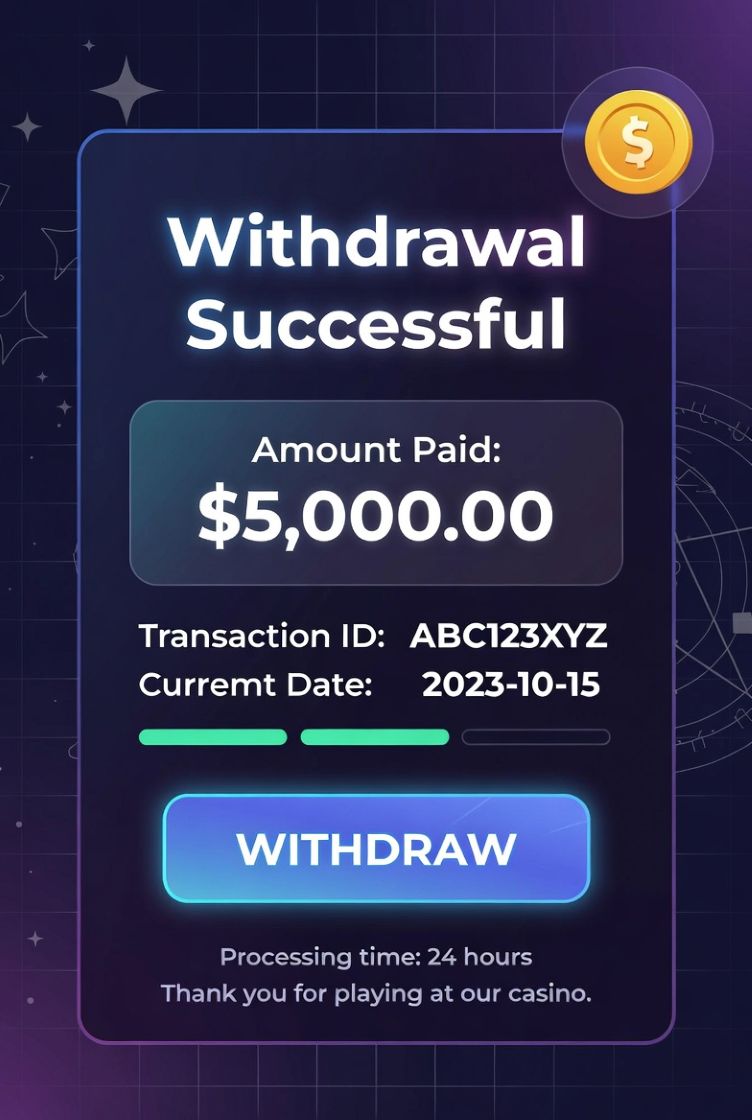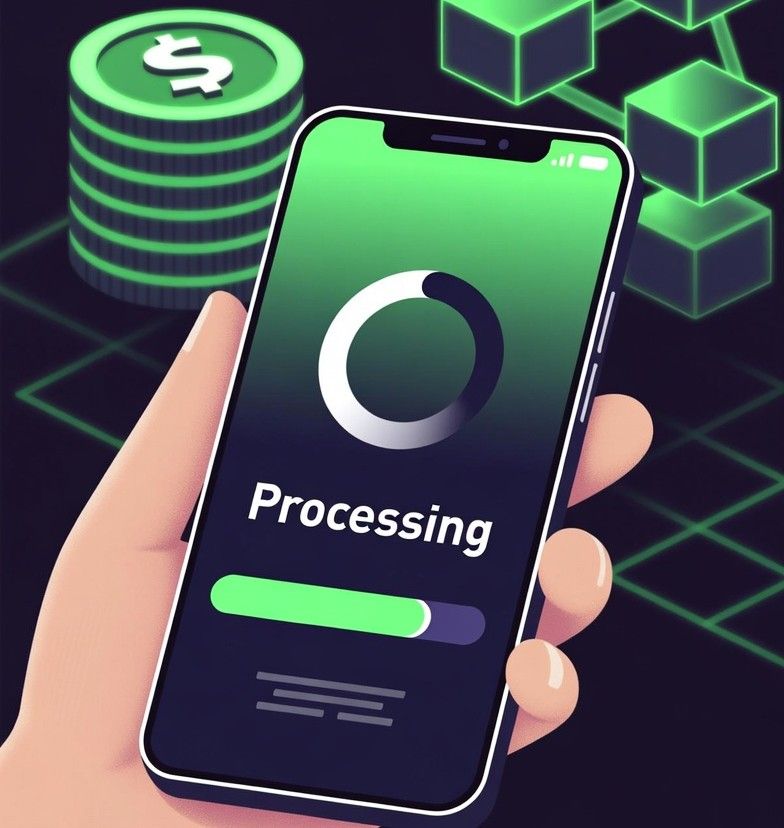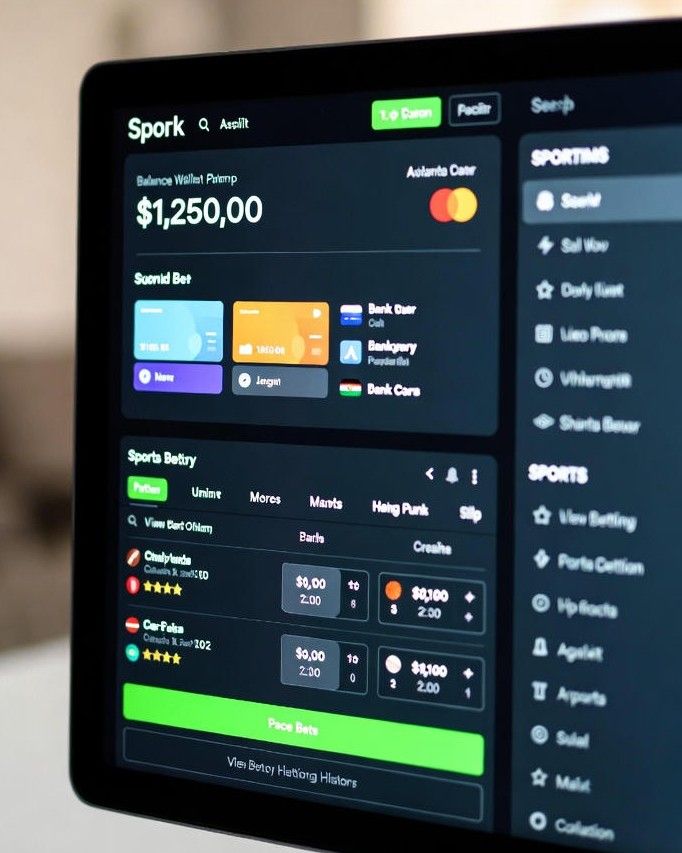
According to market data, 82% of users select online casino sites based on reviews before signing up. And when money is on the line, those reviews aren’t just casual comments, they’re windows into how players perceive financial risk. Trustpilot, with its flood of user-generated feedback, has become a kind of public diary where gamblers spill their thoughts on payouts, bonuses, and whether support staff actually pick up the phone when things go sideways.
Scrolling through these reviews feels like eavesdropping on a conversation in a casino lobby. Some players rave about lightning-fast withdrawals, while others grumble about waiting days for their winnings. That mix of praise and frustration paints a vivid picture of how risk is perceived. If you want to learn more about UK-friendly Aussie Casinos, you’ll notice the same themes: transparency, trust, and the ever-present fear of losing money to unclear terms.
Transparency: The Antidote to Risk
One recurring thread in Trustpilot reviews is the obsession with transparency. Players want clear payout rules, no hidden fees, and bonus terms that don’t read like a legal textbook. When casinos spell things out plainly, risk perception drops. It’s like being told exactly how a rollercoaster works before you strap in, you still feel the thrill, but you’re less worried about the bolts coming loose.
Take bonus disclosures, for example. A player might gush about a welcome offer that actually delivered what it promised. On the flip side, another might vent about “surprise” wagering requirements that made cashing out nearly impossible. These contrasting experiences show how transparency directly shapes whether players feel safe or scammed.
Customer Support: The Human Safety Net
Support teams often get mentioned in reviews, and for good reason. When money is stuck in limbo, players want reassurance. A quick response from customer service can turn a potential meltdown into a minor hiccup. One reviewer joked that the support agent was “faster than my pizza delivery,” which is both funny and telling. Speed matters when financial trust is at stake.
Conversely, delayed or robotic replies amplify risk perception. Imagine waiting three days for a canned email response while your payout is frozen. That’s the kind of experience that pushes players to leave one-star reviews and warn others. Casinos that invest in responsive, empathetic support staff often see their ratings climb, because players equate good service with reduced risk.
Payout Feedback: Spotting Risk Patterns
Payouts are the heartbeat of online gambling reviews. Players rarely stay quiet about them. Positive reviews highlight smooth transactions, sometimes with exact time stamps: “Requested at 2 PM, money in my account by 6 PM.” Negative ones, however, often describe delays in painful detail. These stories aren’t just complaints; they’re risk signals. A delayed payout doesn’t just frustrate the player, it makes them question the platform’s reliability.
Patterns emerge when you read enough reviews. Casinos with consistent payout speed build reputations as trustworthy. Those with sporadic delays, even if rare, get branded as risky. It’s a reminder that perception often outweighs reality — one bad experience can echo louder than ten good ones.
Lessons for Operators
So what can operators learn from this chorus of feedback? First, clarity is king. Spell out terms in plain language. Second, treat support as a frontline defense against risk perception. Third, prioritize payout efficiency, because nothing erodes trust faster than money stuck in limbo. Reviews aren’t just noise; they’re free market research. Ignore them, and you risk losing players who are already halfway out the door. For a broader perspective, resources on responsible gambling and wealth management highlight how financial transparency and player protection strategies can further strengthen confidence in casino platforms.
Operators should also recognize that reviews are public. A single frustrated player can influence dozens of potential sign-ups. On the flip side, glowing testimonials about fast payouts or friendly support can act as unpaid advertising. In a competitive industry, that’s gold.
Conclusion
Trustpilot reviews reveal more than just satisfaction levels; they expose how players weigh financial risk in online gambling. Transparency lowers anxiety, support builds confidence, and payout speed defines trustworthiness. For players, these reviews are a compass pointing toward safer platforms. For operators, they’re a mirror reflecting strengths and weaknesses. And yes, even niche sites like those where you can learn more about UK-friendly Aussie Casinos show the same truth: risk perception lives and dies by trust. In the end, casinos that listen to their players’ voices are the ones most likely to earn lasting loyalty.







 Gambling can be a thrilling escape, but without a plan, your winnings might slip through your fingers like sand. Responsible financial management is key to enjoying online betting platforms while keeping your wallet secure. This guide offers practical strategies for handling your gambling finances, with a focus on budgeting, understanding withdrawal policies, avoiding bonus traps, and navigating crypto transactions. Whether you’re a seasoned player or new to the game, these tips will help you stay in control and make the most of your experience.
Gambling can be a thrilling escape, but without a plan, your winnings might slip through your fingers like sand. Responsible financial management is key to enjoying online betting platforms while keeping your wallet secure. This guide offers practical strategies for handling your gambling finances, with a focus on budgeting, understanding withdrawal policies, avoiding bonus traps, and navigating crypto transactions. Whether you’re a seasoned player or new to the game, these tips will help you stay in control and make the most of your experience. Financial advisor to help you invest in things
Financial advisor to help you invest in things






 Gambling and finance have more in common than most people think. Both deal with calculated risk, money management, and smart decision-making. Many players enjoy games like baccarat because they offer simple rules and clear outcomes. Baccarat also attracts people who treat the game like a financial activity. They look at patterns, track results, and set limits, much like investors watching market trends.
Gambling and finance have more in common than most people think. Both deal with calculated risk, money management, and smart decision-making. Many players enjoy games like baccarat because they offer simple rules and clear outcomes. Baccarat also attracts people who treat the game like a financial activity. They look at patterns, track results, and set limits, much like investors watching market trends.
 Significant sporting events like Wimbledon and the World Cup draw millions of fans—and billions in bets. Whether tennis on grass or football on the world stage, these tournaments offer high drama and big opportunities for sports bettors. But they also come with risks. Emotions run high. Favorites fall. Underdogs surprise.
Significant sporting events like Wimbledon and the World Cup draw millions of fans—and billions in bets. Whether tennis on grass or football on the world stage, these tournaments offer high drama and big opportunities for sports bettors. But they also come with risks. Emotions run high. Favorites fall. Underdogs surprise. Gambling in Korea, especially online, has become increasingly popular, offering bettors the convenience of accessing games and platforms from anywhere. However, this convenience often leads to impulsive betting habits, making financial management critical for anyone engaged in online gambling. Without a proper plan, the excitement can quickly turn into financial stress.
Gambling in Korea, especially online, has become increasingly popular, offering bettors the convenience of accessing games and platforms from anywhere. However, this convenience often leads to impulsive betting habits, making financial management critical for anyone engaged in online gambling. Without a proper plan, the excitement can quickly turn into financial stress. For Korean bettors interested in online betting, the payment method is crucial. From local banking options to international e-wallets, knowing how to deposit and withdraw funds can make a big difference in the user experience. Choosing the right payment method affects security, transaction speed, and potential fees, which is essential for those using platforms like Bet365 Korea.
For Korean bettors interested in online betting, the payment method is crucial. From local banking options to international e-wallets, knowing how to deposit and withdraw funds can make a big difference in the user experience. Choosing the right payment method affects security, transaction speed, and potential fees, which is essential for those using platforms like Bet365 Korea. Sports betting can be more than a hobby—it can be an investment with a well-planned approach. Betting on sports is thrilling, but making it a source of financial success requires a strategy. Many bettors lose out because they jump into it emotionally without any clear game plan. For those who treat it like an investment, however, there are ways to manage risks, make calculated decisions, and enjoy potential investment returns.
Sports betting can be more than a hobby—it can be an investment with a well-planned approach. Betting on sports is thrilling, but making it a source of financial success requires a strategy. Many bettors lose out because they jump into it emotionally without any clear game plan. For those who treat it like an investment, however, there are ways to manage risks, make calculated decisions, and enjoy potential investment returns.
 Traditional online casinos collect personal information from players, including identification documents, banking details, and more. While this helps casinos comply with regulations, it also raises privacy risks for players. In response to these concerns, decentralized casinos, which use blockchain technology, have emerged as a possible solution. These casinos offer better privacy and data security compared to their traditional counterparts. But are they the future of private
Traditional online casinos collect personal information from players, including identification documents, banking details, and more. While this helps casinos comply with regulations, it also raises privacy risks for players. In response to these concerns, decentralized casinos, which use blockchain technology, have emerged as a possible solution. These casinos offer better privacy and data security compared to their traditional counterparts. But are they the future of private 
 It is highly crucial to know the rules and comprehend the ways of winning especially right before you begin spinning the reels. Don’t forget to stick to your budget and be careful on playing online slots so that you’ll guarantee yourself to have some fun and win bucks.
It is highly crucial to know the rules and comprehend the ways of winning especially right before you begin spinning the reels. Don’t forget to stick to your budget and be careful on playing online slots so that you’ll guarantee yourself to have some fun and win bucks.











